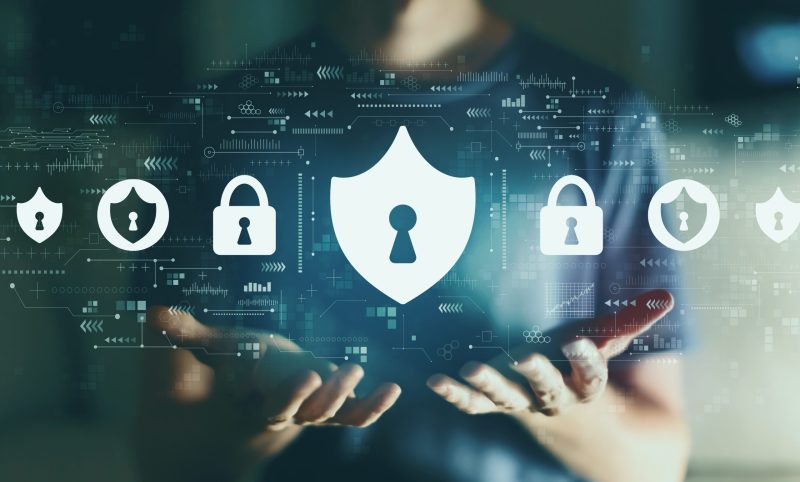VPN stands for Virtual Private Network. A VPN encrypts the connection between your device and the internet. The VPN does this by first sending the data traffic to an external VPN server. That server then sends the data traffic on to the Internet. This allows you to access the Internet safely and anonymously.
How does a VPN work?
The first thing a VPN does is forward your internet traffic to a VPN server via an encrypted virtual tunnel. This secure tunnel ensures that you are anonymous to the wifi network or internet provider. The VPN server then decrypts the internet traffic and your data. The traffic can then continue to the Internet to its destination, your device. All traffic destined for you is routed to the VPN server, which also encrypts it. To see this traffic, your device decrypts it again.
The VPN encrypts and decrypts a lot of traffic and data. But this ensures a secure connection between the internet and your device.
What can you use a vpn for?
- You are completely anonymous: no one can track your IP address. The VPN protects your online privacy.
- You can safely access the Internet: even if you use a public Wi-Fi network. The VPN keeps cybercriminals and other online threats at a distance.
- Get access to blocked services and websites: With a VPN you can set a desired location. This allows you to access services or websites that are not available with your current location.


